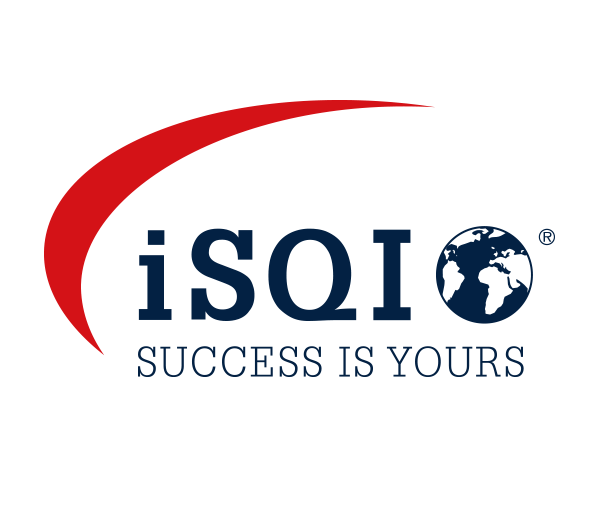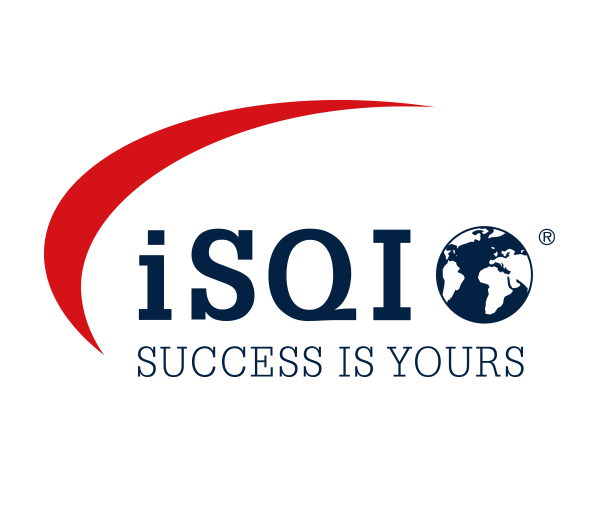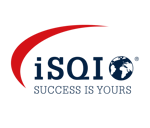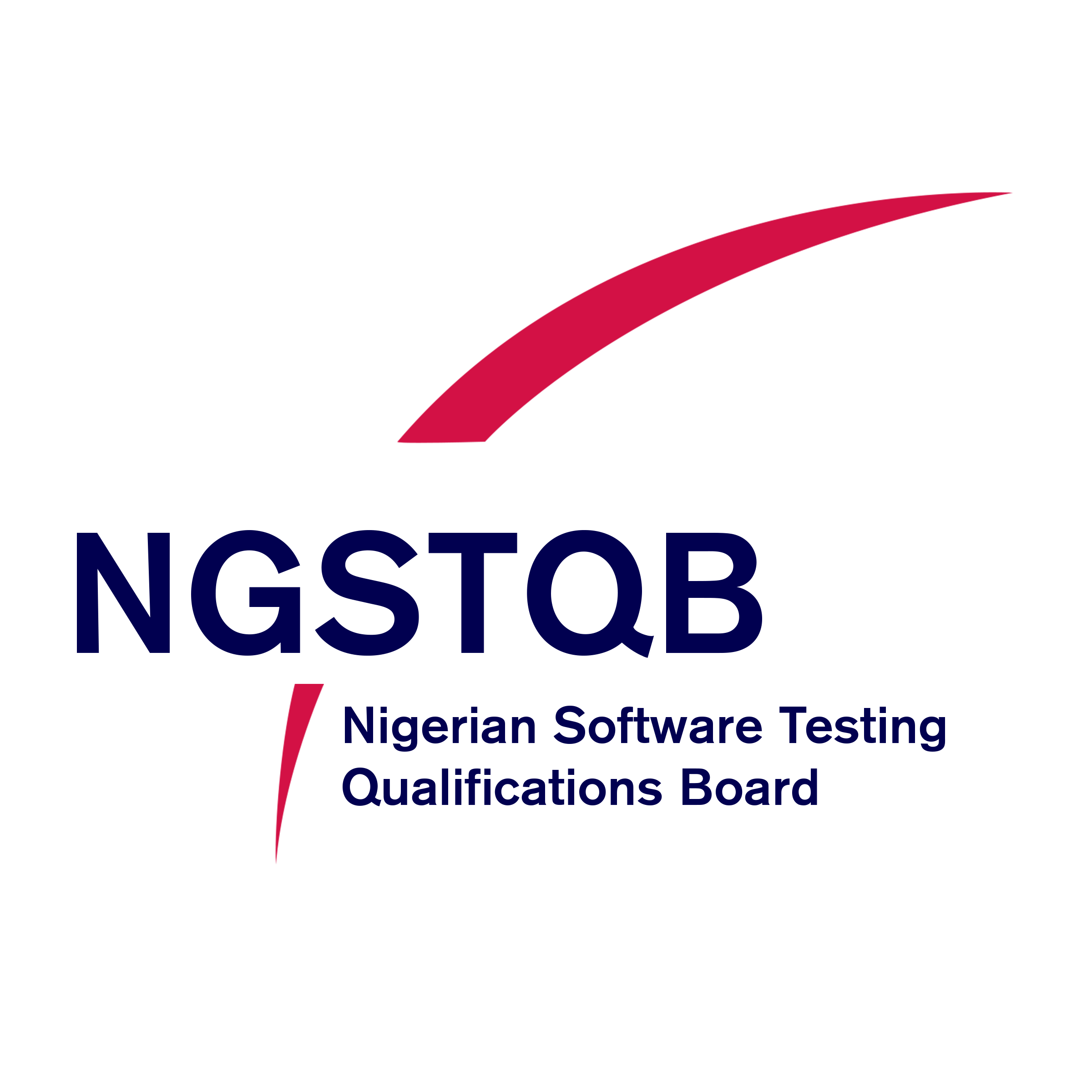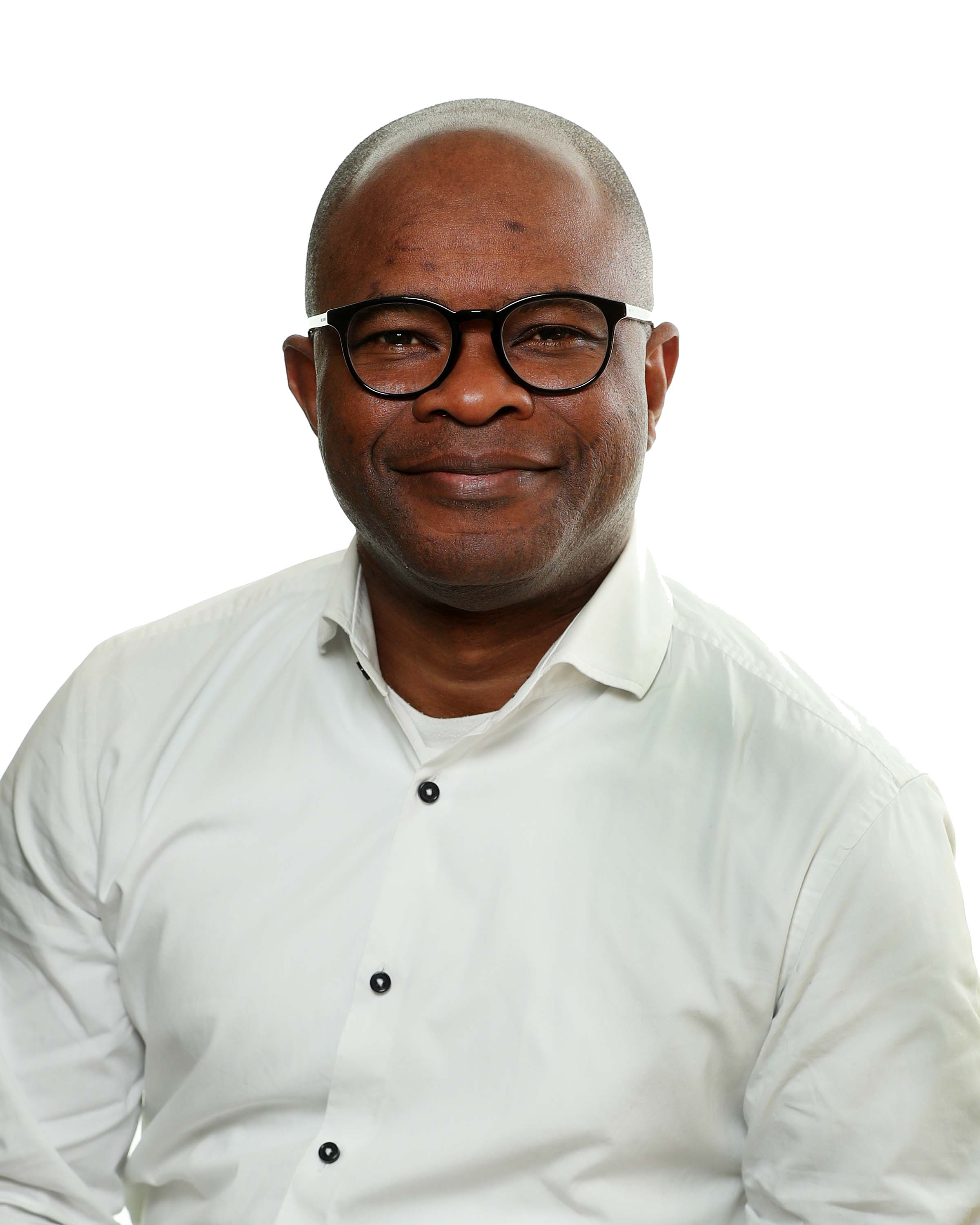Nigeria is the most populous country in Africa and the seventh most populous country in the world, with an estimated 206 million inhabitants as of late 2019. It has the third-largest youth population in the world, after India and China, with nearly half its population under the age of eighteen. Nigeria's economy is the largest in Africa and the 24th largest in the world, worth almost $450 billion and $1 trillion in terms of nominal GDP and purchasing power parity, respectively. Nigeria is often referred to as the "Giant of Africa", owing to its large population and economy, and is also considered to be an emerging market by the World Bank; it has been identified as a regional power on the African continent, a middle power in international affairs, and has also been identified as an emerging global power.
The tech industry in Nigeria has shaped the Nigerian inventories and has given Nigeria a place in the comity of nations. The tech industry has spread across the nation with start-up acceleration centers spreading across the nation, from Co-Creation Hub in Lagos to so many centers across the nation. Every state has embraced the trend of technology and has equipped their states with facilities to enhance the technological development of their populace. Many of these hubs are privately owned, while some are sponsored by the government of Nigeria through some agencies and federal programs geared towards expanding the tech industries in the country.
The Nigerian technology industry has grown in leaps and bounds over the last ten years. In 2018, Nigerian technology companies raised over US$ 306 Million in funding, an increase of 167% from 2017. Companies like Andela, Flutterwave, and Kobo360 have attained valuations of over US$ 100 million.
Software development, design, and other technology talents from Nigeria have become globally sought after. Companies like InVision, Microsoft, Booking.com, and Google currently employ Nigerian expertise to join their global teams. In May this year, Microsoft opened one of its African Development Centres in Lagos, hiring 25 developers to join its Cognition andAzure teams. Microsoft’s goal is to scale this number to 500 developers by 2023.
Software testing industry in Nigeria
In previous years, 2010 and below, as there was no standardized measurement of quality standards in the delivery of software products, quality assurance was the responsibility of whoever built the product, mostly, product owners (Project Manager), but that is not so anymore, as software development grows, companies unaware of the international governing body of quality assurance have developed an internal quality control unit, in which most are substandard. This unit should comprise of people separate from the development team, importantly, certified professionals in the quality domain, an aversion to this adoption makes only a fraction of software products churned out yearly in Nigeria globally competitive.
Global organisations are always clamouring for quality software as well as improvements, however, this universal growth in the field is not so evident in developing countries; a negative trend is observed instead, a prime example is Nigeria. It is indeed saddening to know that only 10% of the software products used in Nigeria are built by indigenous companies; the larger percentage comes from other countries, specifically India. It is on record that Nigeria loses an average of $1 billion dollars to software importation annually; between 2014 and 2018, N23 billion was spent on the purchase of foreign software, to cater for election, aerospace, financial, and banking industries; and in 2019 alone, over N59bn was transferred out in purchase and maintenance of software; even the government invests so much in foreign software. Nigeria, in realigning with the tech has been noted to be one of the major importers of software products in Sub-Saharan.
The Chairman of the Nigerian Software Development Initiative (NSDI) and Chief Executive of Zenith Bank, Mr. Jim Ovia estimated the size of Nigeria's software industry to be over N15 billion. Ovia, at the presentation of the NSDI report to the President, the council chambers of the State House, noted that "the size of Nigeria's software industry is currently estimated at over N15.0 billion. In 2004, the estimated import value of software products was USD900 million.
From the stats above, it's evident that local content couldn't meet the imperative quality needs of the government. Therefore, a need for the assessment of the software development practices in indigenous companies in Nigeria, in a bid to unravel the cause of its low patronage and recommend possible solutions to move the industry forward is what motivated this research. A thorough assessment of the overall software quality assurance and management of software organizations has been carried out. The research questions investigated in totality are:
- Do software companies in Nigeria engage in software quality planning?
- Do software companies in Nigeria follow certified standardized processes and procedures?
- Do software companies in Nigeria engage in software quality control i.e. measure/test their software product against standards using metrics
- Do software companies in Nigeria improve their processes over time?
- Are software companies in Nigeria certified by international organizations?
- What are the challenges inhibiting the adoption of quality practices?
These questions were reviewed, validated, and verified by a software quality professional and a statistician to ascertain the suitability of the questions. The questionnaires were then distributed to stakeholders in software development in Lagos being the hub of software activities in Nigeria, and the home to nearly 50% of all software firms in Nigeria. A good percentage attested to the fact that they adhere to the quality standards and control, however, a considerable number are yet to align to this, as such need to be sensitized.
Adequate reviews are not being carried out due to the absence of a separate SQA team and an external review team by most organizations.
A good majority of the respondents were not aware of the CMMI or ISTQB, as 57% said they had no idea about it at all, and only a very few are registered to the ISO 9000 quality assurance model or any software quality standard organization. While the practitioners claim to be following software standards, these standards are only based on the level of their knowledge and not aligned to industry standards, as such they might not yield the best result. On a weighted scale of 1 to 10, it would be a generous gesture to award the Software Quality Assurance industry in Nigeria 2. This shows that it's a virgin land unexplored, and opportunity abounds for the opportunists.
ISTQB® Certification penetration in Nigeria
Extensive empirical research hasn't been made in this regard, sharing from the experience of testers across industries, the ratio of testers to the developer is 1:15 respectively. This means more testers interfaces with apps than necessary within a space of time, and double plays in roles that ought to be handled by others because of the shortage of skilled and certified testers.
The awareness of ISTQB® is growing arithmetically, however with the creation of the Nigerian Software Testing Qualifications Board (NGSTQB), geometric and exponential growth is inevitable. The sensitization awareness has begun, and testers both certified and non-certified are beginning to see the credit it adds to their belt. ISTQB being a global organization, it boosts the recognition and acceptance globally, with a rhythmic slogan of earn once, work anywhere, and it's juicy becoming certified as most companies in the industry edged the payment of such individuals to be three times higher than non-certified testers.
Among testing practitioners in Nigeria, only 20% are ISTQB Certified at the Foundation Level and a fraction of this at the Advanced Level. From the stats gathered recently in the awareness of ISTQB among the populace, these data were gathered from the largest social forum in Africa (Nairaland) and Internet Society of Nigeria, 80% feigned unaware of ISTQB, 0.2% are aiming for the Advanced Certification. In a sonorous tone, in the context of ISTQB certification in Nigeria, the land of green, the harvest is ripe, let's come to the table and dine.
NGSTQB: The story so far
Due to low penetration of ISTQB certification in Nigeria, a move was made in 2018 to get Nigeria to be a Member Board of the International Software Testing Qualification Board (ISTQB). At the 2020 ISTQB Virtual General Assembly in Dublin, Nigeria presented its application for Nigerian Software Testing Qualifications Board (NGSTQB). A few weeks later NGSTQB was admitted as a Member Board of ISTQB. Since its admission to the ISTQB family, NGSTQB has been reaching out to testing stakeholders in Nigeria. NGSTQB has also partnered with The International Software Quality Institute (iSQI) has been appointed to be its exam provider. iSQI has thus been handed the responsibility of conducting all ISTQB exams either online or location-based in Nigeria.
NGSTQB has also had a successful meeting with the National Information Technology Development Agency (NITDA). This meeting will lead to a huge disruption in the software development industry in Nigeria. NGSTQB will also assist NITDA in setting up Software Testing Labs in all 36 States and FCT in Nigeria.
NGSTQB is also on course to sanitise the software testing training sector in Nigeria by ensuring that all training providers are duly accredited, any training provider found wanting will be sanctioned.
As part of NGSTQB’s engagement in the Nigerian market, a series of weekly, monthly, and yearly events are planned. Such events include:
- CIOs Software Testing Breakfast
- Software Testing Roadshow
- Webinars
- Nigerian Software Testing Conference
- Nigerian Software Testing Community Monthly Gathering
- NGSTQB Local Chapter Events
Software testing has a very bright future in Nigeria and with hard work, NGSTQB is sure of creating massive awareness in the country thus leading to training, certification, and job creation for the teeming youths. This will be a net gain for the whole country.
Nigerian Software Testing Qualifications Board (NGSTQB) is open to collaboration with other testing associations and organisations that exist in silos. We want all these bodies to join NGSTQB so that Nigeria can have a unified organisation for promoting software testing in Nigeria.
